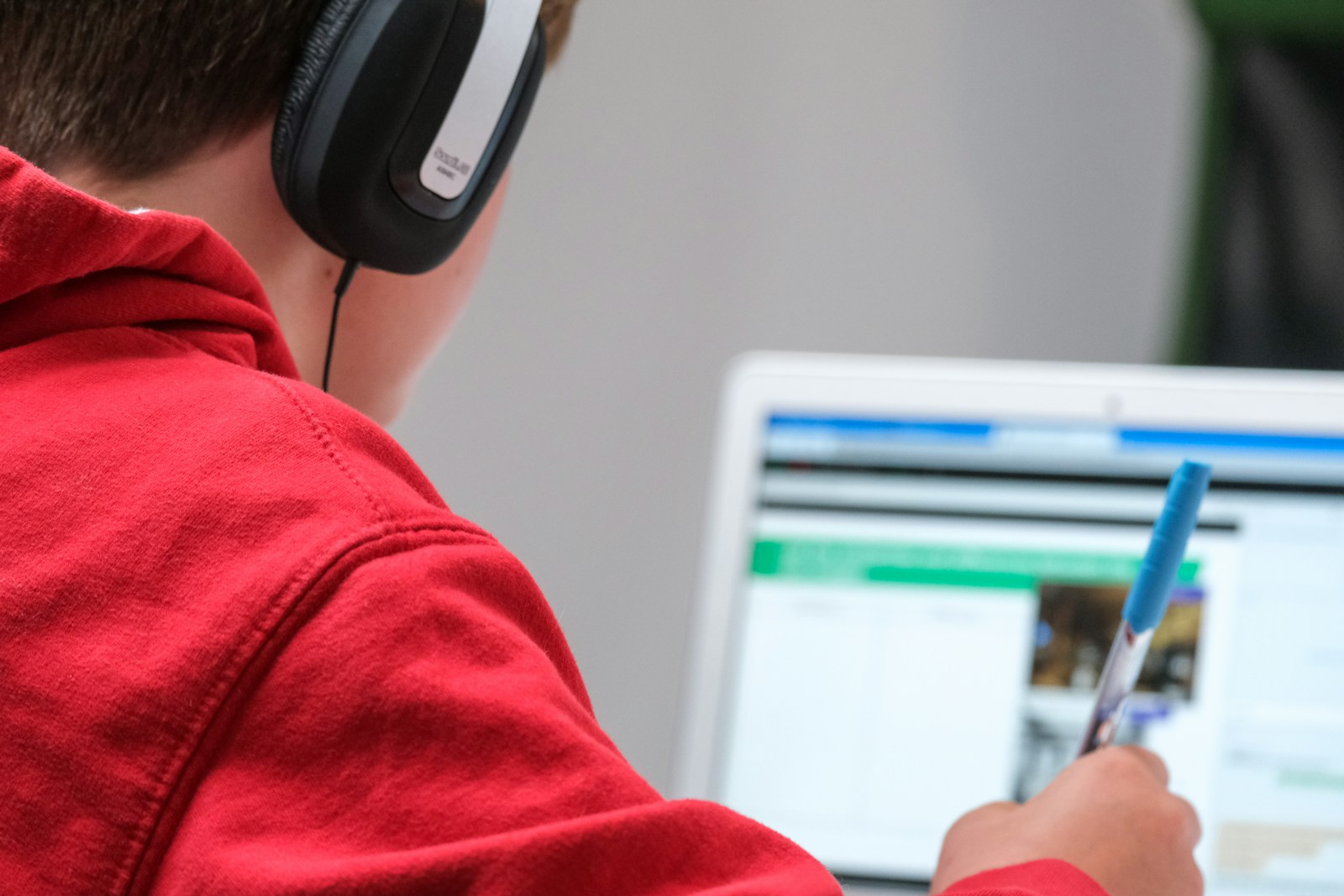The digital revolution has transformed the landscape of childhood. Today’s children are growing up immersed in a hyper-connected world, where smartphones are extensions of their hands and the internet is a boundless playground. While this connectivity offers unprecedented opportunities for learning, creativity, and social interaction, it also presents a complex array of risks. Ensuring digital safety for the next generation is no longer an option but a critical imperative, demanding a multi-faceted approach to protecting children in a connected world.
The challenges are diverse and evolving. Children can unknowingly encounter inappropriate content, ranging from violent and explicit material to misinformation and hate speech. The anonymity of the internet can embolden cyberbullies, leaving young victims feeling isolated and helpless. Online predators pose a grave threat, exploiting digital platforms to groom and exploit vulnerable children. Furthermore, excessive screen time can negatively impact physical health, sleep patterns, and academic performance, while the constant pressure of social media can contribute to anxiety and low self-esteem. The sheer volume of data collected on children, often without their full understanding or consent, also raises significant privacy concerns, making them targets for targeted advertising or even identity theft.
Protecting children in this complex digital environment requires a collaborative effort from parents, educators, technology companies, and policymakers. Parents are the first line of defense, needing to be educated themselves about online risks and empowered to engage in open, ongoing conversations with their children about safe online behaviors. This includes setting clear boundaries on screen time, utilizing parental control tools, and monitoring online activities, not as surveillance, but as a way to understand and guide their children’s digital lives. Fostering critical thinking skills is paramount, enabling children to discern reliable information from fake news and to question the content they encounter online.
Schools have a vital role in integrating digital literacy and citizenship into their curricula. This means teaching children not just how to use technology, but how to use it responsibly, ethically, and safely. Lessons on cyberbullying prevention, digital footprints, privacy settings, and reporting mechanisms should be as fundamental as traditional subjects. Equipping children with the knowledge and confidence to navigate online challenges independently is crucial for their long-term digital well-being.
Technology companies, as creators and custodians of digital platforms, bear a significant responsibility. They must design products and services with safety and privacy by default, employing robust age verification mechanisms, effective content moderation, and clear reporting tools. Investing in AI-driven solutions to detect and flag harmful content, alongside human oversight, is essential. Furthermore, transparent data practices and easily understandable privacy policies are non-negotiable. Policymakers, in turn, must establish and enforce strong regulations that hold platforms accountable for child safety, combat online child exploitation, and protect children’s data privacy, ensuring a consistent legal framework across borders.
Ultimately, digital safety for the next generation is about empowering children to thrive in a connected world while minimizing the risks. It’s about building a digital ecosystem where innovation is balanced with protection, where children can explore, learn, and connect without fear. By working together, we can equip our children with the resilience, knowledge, and tools necessary to navigate the digital frontier safely and responsibly, ensuring that technology remains a force for good in their lives.
References:
- UNICEF (United Nations Children’s Fund): UNICEF extensively covers child online protection, providing reports, guidelines, and campaigns on various aspects of digital safety for children. Their “State of the World’s Children” reports often dedicate sections to this topic. https://www.unicef.org/protection/child-online-safety
- National Center for Missing and Exploited Children (NCMEC) – NetSmartz: This organization provides educational resources for children, parents, and educators on how to be safer online, covering topics like cyberbullying, online predators, and digital footprints. https://www.netsmartz.org/
- Common Sense Media: An independent non-profit organization that provides ratings and reviews for media and technology based on age-appropriateness, and offers resources for families on digital citizenship and online safety. https://www.commonsensemedia.org/
- Internet Watch Foundation (IWF): A UK-based charity working to make the internet a safer place, focusing on combating child sexual abuse material online. Their work highlights the severity of certain online risks. https://www.iwf.org.uk/


